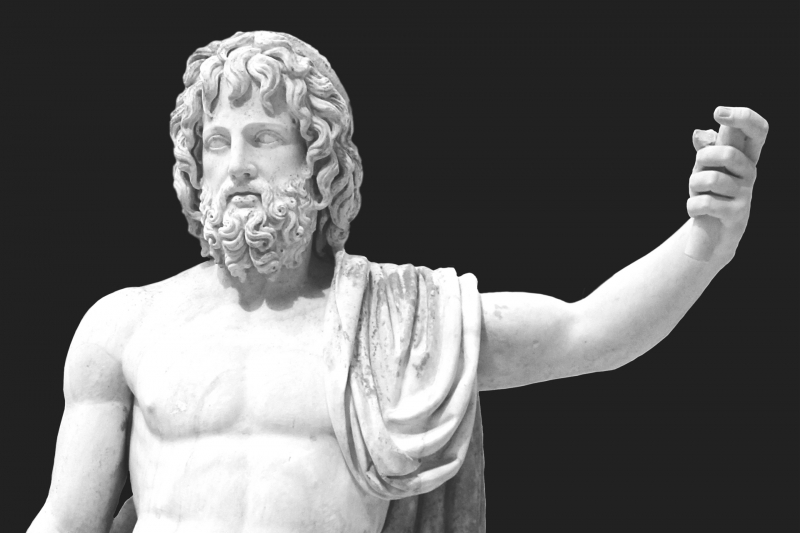Jupiter Was Appropriately Named After The King Of The Gods.

How did Jupiter obtain its name, considering that it has been known since very early times? The Romans gave the planets their names, and since the Roman Empire had the most influence over a significant chunk of contemporary society, astronomy still uses those names today. The Roman Empire had several names throughout history. Romans gave the planet the name Jupiter after their supreme god, who was also the thunder and sky god. Because it was the biggest object in the sky and consequently the most powerful, they decided to name the planet Jupiter after it.
Beginning as the sky god in the Roman pantheon, Jupiter was primarily concerned with wine festivals and was linked to the Capitol's sacred oak. He eventually began to worship the battle gods and began to assign the war's gains. He was credited for making the troops resilient and successful. In every oath, he was the primary witness. Along with Juno and Minerva, Jupiter served as the Capitoline Triad's chief deity. Throughout the Republican and Imperial eras, he remained Rome's top official deity until the pagan system was overthrown by Christianity. Because he was "the font of the auspices upon which the relationship of the city with the gods rested," Jupiter granted Rome sovereignty. He represented the divine authority of Rome's top positions, internal structure, and external contacts; the Republican and Imperial Capitols had images of him wearing regalia similar to that of Rome's early monarchs as well as the highest consular and imperial honors. Roman consuls invoked Jupiter when taking the oath of office. They presented him with a white, castrated ox with gold-rimmed horns as a token of appreciation for his assistance and to win his ongoing loyalty.
The names of planets, the moon, and several other celestial bodies are frequently derived from characters in Greek or Roman mythology, and the same is true of their astrological symbols. Examples include Saturn, the God of Time and father of Jupiter, Mercury, the Messenger, Neptune, the God of the Sea, Mars, the God of War, Uranus, the God of Saturn, Venus, the Goddess of Love, and Earth, which is the only planet to deviate from Greco-Roman convention.











